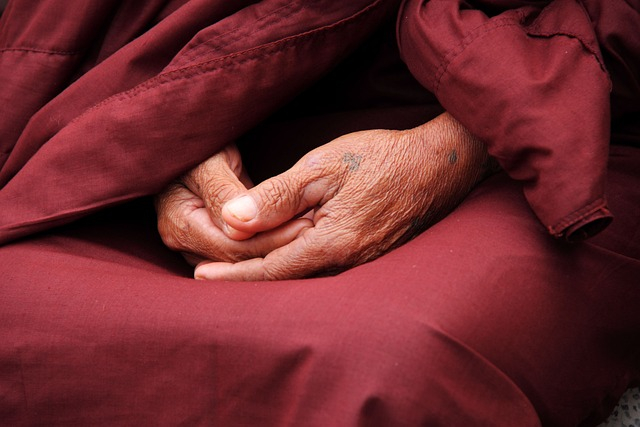Origin and Spread of Zen Buddhism
Zen Buddhism is a school of Mahayana Buddhism that developed in China during the Tang dynasty (618-907), then known as the Chan School, and later developed into various schools both in China and abroad. This Buddhist school of thought focuses on key concepts such as intuitive thinking, aesthetics, and meditation. It was strongly influenced by Taoist philosophy, especially Neo-Taoist thought. From China, Chan spread south to Vietnam and became Vietnamese Thien. Some believe that this practice was also transmitted to Vietnam quite early, possibly as early as the 7th century. Chan spread northeast to Korea in 7th century CE becoming Korean Seon, and east to Japan in 12th century CE, becoming Japanese Zen.
Zen Buddhism is most often associated with Japan. The term Zen is derived from the Japanese pronunciation of the Middle Chinese word 禪 (Chán), which means emptiness or void and traces its roots to the Indian practice of dhyāna (Sanskrit: "meditation"). Zen values strict self-control, meditation practice, insight into the nature of things, and personal expression of this insight in daily life, particularly for the benefit of others. As such, it emphasizes direct understanding through spiritual practice and interaction with an accomplished teacher over mere knowledge of sutras and doctrines. Zen teachings are derived from various Mahayana sources, particularly Yogachara, the Tathgatagarbha sutras, and the Huayan school, which emphasize Buddha-nature, totality, and the Bodhisattva-ideal. The Prajpramit literature and Madhyamaka thought have also had an impact on the apophatic and sometimes iconoclastic nature of Zen rhetoric.
It is difficult to pinpoint when the West first became aware of Zen as a distinct form of Buddhism. The marked emergence of Zen in American consciousness at the middle of the 20th century resulted in part from increased contact between Americans and Japanese during and after the Second World War with the American occupation of Japan, as well as the development of particularly American forms of Buddhism and of Zen in the internment camps to which Japanese-Americans were sent during wartime. After World War II, Daisetz Teitaro Suzuki, a Japanese scholar, popularized Zen in the West in the twentieth century.







